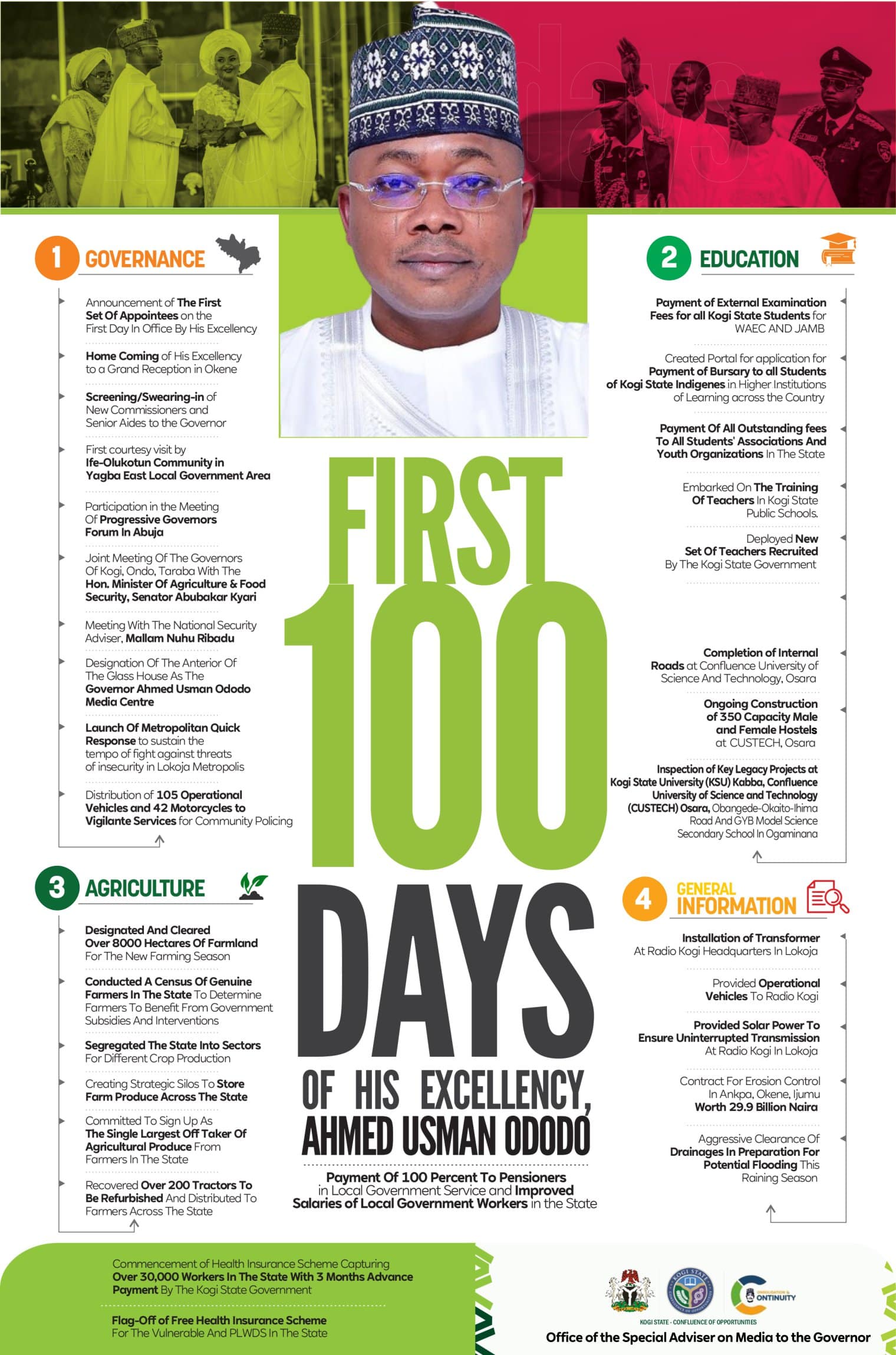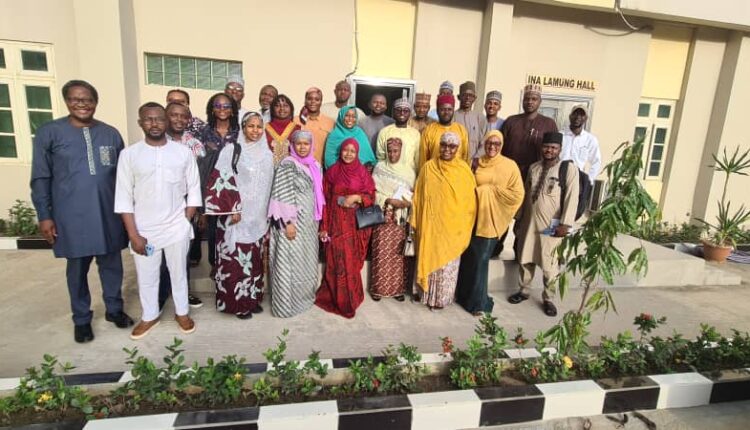Communication centre trains Kano journalists on women’s health advocacy
The Center for Communication and Social Impact (CCSI), in partnership with Pathfinder International, conducted a one-day training session for over thirty Kano journalists on media advocacy concerning women’s health.
During the event held on Thursday in Kaduna state, CCSI’s Technical Advisor, Mr. Oluyemi Abodunrin, says the training aimed to highlight the critical challenges impacting women’s health in Nigeria, such as the high maternal mortality rate, limited access to healthcare, and poverty.
He added that the training would assist in identifying factors that lead to positive health outcomes for women in Nigeria, including skilled birth attendance and access to family planning.
READ ALSO: Re: How Ganduje hired fake NGO to rate Kano low in an attempt to cover his wasted 8 years
Participants were also educated on the ethical considerations and best practices for reporting on sensitive topics related to women’s health, such as female genital mutilation and sexual violence.

“The training will demonstrate how the media can play an essential role in promoting positive change and advocating for improved women’s health services in Nigeria,” he said.

“The media’s crucial role in addressing issues affecting women was underscored, with a focus on investigative reporting, holding those in power accountable, raising awareness, and framing the issues effectively.”
He added that there is need for journalists to always explore available data in their reportage.
“You don’t just use data percentage; you need to operationalize the data by putting human angle to the figures especially on women’s health to raise awareness about their challenges.” He said.
Abodunrin said this could be simply achieved by initiating women’s health related topical issues to hold people in power accountable through investigative journalism and fair and balanced reporting.
On her part, Dr. Sakina Bello, Senior Technical Advisor at Pathfinder, shared their plans to implement a project in Kano and Lagos aimed at enhancing maternal and newborn health policies and increasing funding for healthier women in these states.
“We aim to strengthen advocacy platforms in Kano and Lagos to effectively champion women’s health and rights, increase and effectively utilize domestic funding for women’s health programs.” Dr. Bello explained.
“Journalists were expected to facilitate visibility of the women’s health project in Kano on their respective platforms.”
READ ALSO: Make Kano Green Initiative writes Abba Yusuf, wants govt. to protect trees, forests
“The one year project focuses on the key challenges affecting women’s health in Nigeria including high maternal mortality rate and limited access to healthcare and poverty.
She concluded by stressing the importance of amplifying the voices and visibility of women’s health and rights issues through evidence-driven media advocacy.
On her part, Mrs. Toyin Akande, the CCSI Monitoring and Evaluation Officer, delved on the existing policies for women’s health planning in Kano State that could enhance reports of the health reporters.
The policies, according to her, include Health Sector Task Shifting and Sharing Policy (TSSP), Family Planning Policy, and Kano State Health Financing Policy.
Others are Kano State Action Plan for Health Security (KSAPHS), Free Maternal and Child Health (MCH) Policy, Policy on Building Capacity of Healthcare Providers.
She noted that the project was aimed at identifying factors that contribute to good health outcomes for women in Kano and using the AFP SMART approach to develop advocacy strategies for improvement of their health.
Vector Christopher of Arewa Radio Kano, one of the participants, expressed his appreciation to the organizers of the training.
He stated his commitment to contribute by writing stories about the health issues faced by women in Kano State.
“This training has been very educational, and it has highlighted numerous underreported aspects of women’s health,” he said. “I will do my utmost to write stories that support this project and give a voice to the voiceless. I will also apply the knowledge gained during the training and share it with my colleagues.”



Comments are closed.